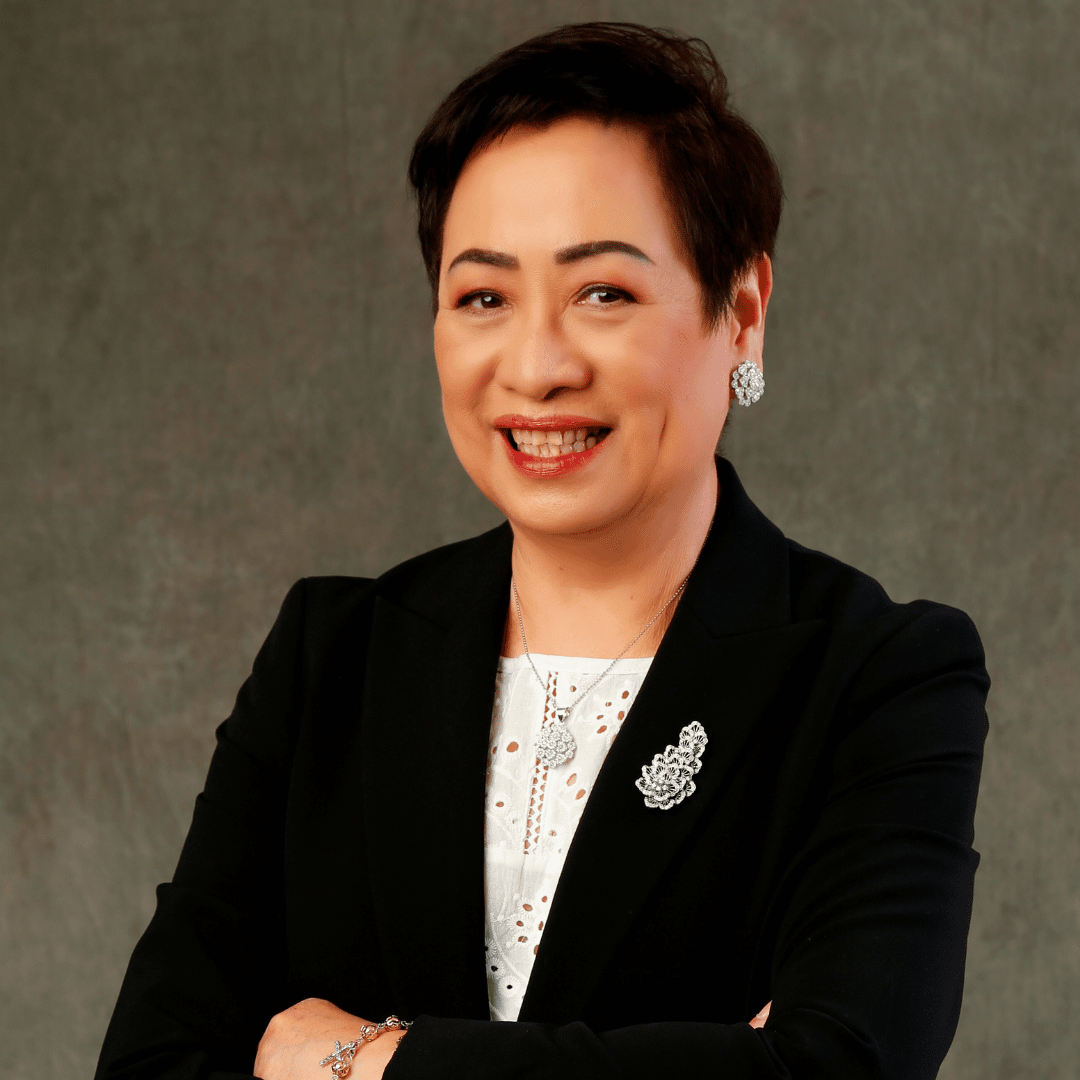For over a century, abortion has been criminalized in the Philippines, with sentences of up to six years in prison. Penalties also extend to doctors and midwives who offer abortion services. While some women find the funds to travel to Hong Kong for care, for many others the consequences are grim and the prevalence of illegal abortion contributes to a high maternal morbidity and mortality rate.
As an obstetrician and gynecologist, D. Lourdes Capito has dedicated her career to improving reproductive health among Filipino women. Dr. Capito was 28 and an ObGyn resident when she became pregnant with her first child. And, she has personal experience of the economic and professional challenges for mothers with regard to child spacing.
“At that time, I thought I knew about family planning, but a year later I delivered another baby. It’s a good thing for me. There are no regrets. But that’s why I’m in to family planning. I know how hard it is to take care of children. They were like twins!” she says. Dr. Capito’s third child, another baby boy, was planned and conceived four years later.
As 2009 President of the Philippine Obstetrical and Gynecological Society, Dr. Capito wrote and published Clinical Practice Guidelines on major topics in ObGyn as well as family planning information. Working with the Department of Education, she organized the distribution of teaching materials on Adolescent Health among public school students.
Dr. Capito campaigned with the Philippine Society for Responsible Parenthood to overcome the requirement for parental consent to access contraceptives for anyone under 18, hoping to reduce the adolescent pregnancy rate in the Philippines. But, she concedes that there is still a long way to go. After the Reproductive Health for Responsible Parenting law was passed, a prominent Catholic group sued legislators, bringing the case to the Supreme Court to have the Emancipated Minor Act governing the consent requirement removed.
“Teenagers who already have children are now also prohibited from accessing contraceptives without parental consent. Adolescent pregnancy is high in our country. I hope that we can change that. As far as family planning is concerned, I am following my conscience.”
As Chair of the ObGyn Dept of the University of the Philippines at Philippine General Hospital from 2007- 2012, Dr. Capito pioneered the two track, two-year Fellowship and Masteral Degree Training Program in Family Planning. She also championed a holistic method for the treatment of patients with a ‘Good Doctor’ approach, frequently telling her students that it is their responsibility to take care of all patients from “womb to tomb.”
In 2010, she headed the Family Planning Consortium Training Program on Subdermal Implants, in partnership with the United Nations Population Fund, the Department of Health and several other hospitals around the country. Thousands of doctors, nurses, and midwives have been formally trained on subdermal implant insertion and removal. The program focuses on geographically isolated and disadvantaged areas and, given the implants are not supply dependent, are a useful solution for many women. “This intervention is paid for by the government. We are making sure that the groups we train are knowledgeable in all forms of family planning from traditional to modern. They then go to areas where women are hardest to reach.”
Currently, Dr. Capito is Chair of the Committee on the Ethical Aspects of Human Reproduction and Women’s Health at the International Federation of Gynecology and Obstetrics (FIGO). “I am so honored and humbled that FIGO has considered me worthy of the nomination, and even more overwhelmed that I was chosen as one of the awardees!”

